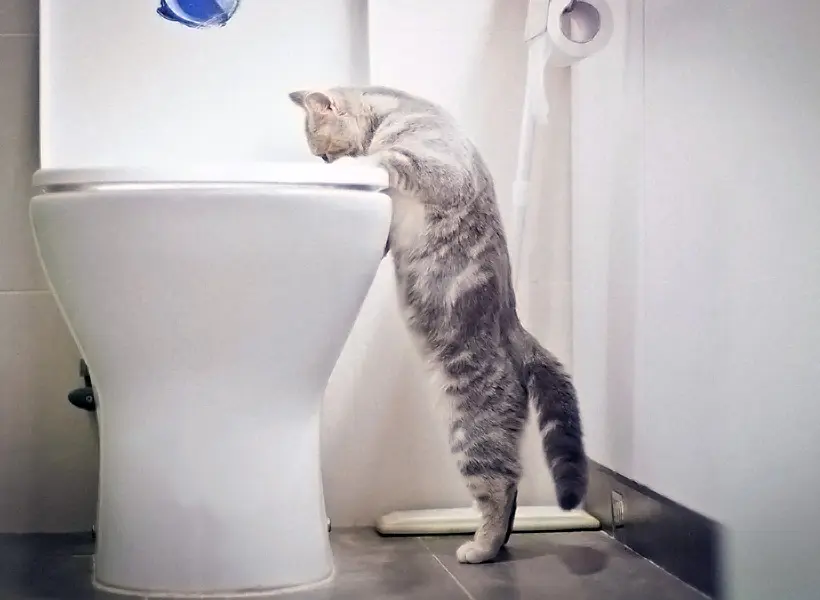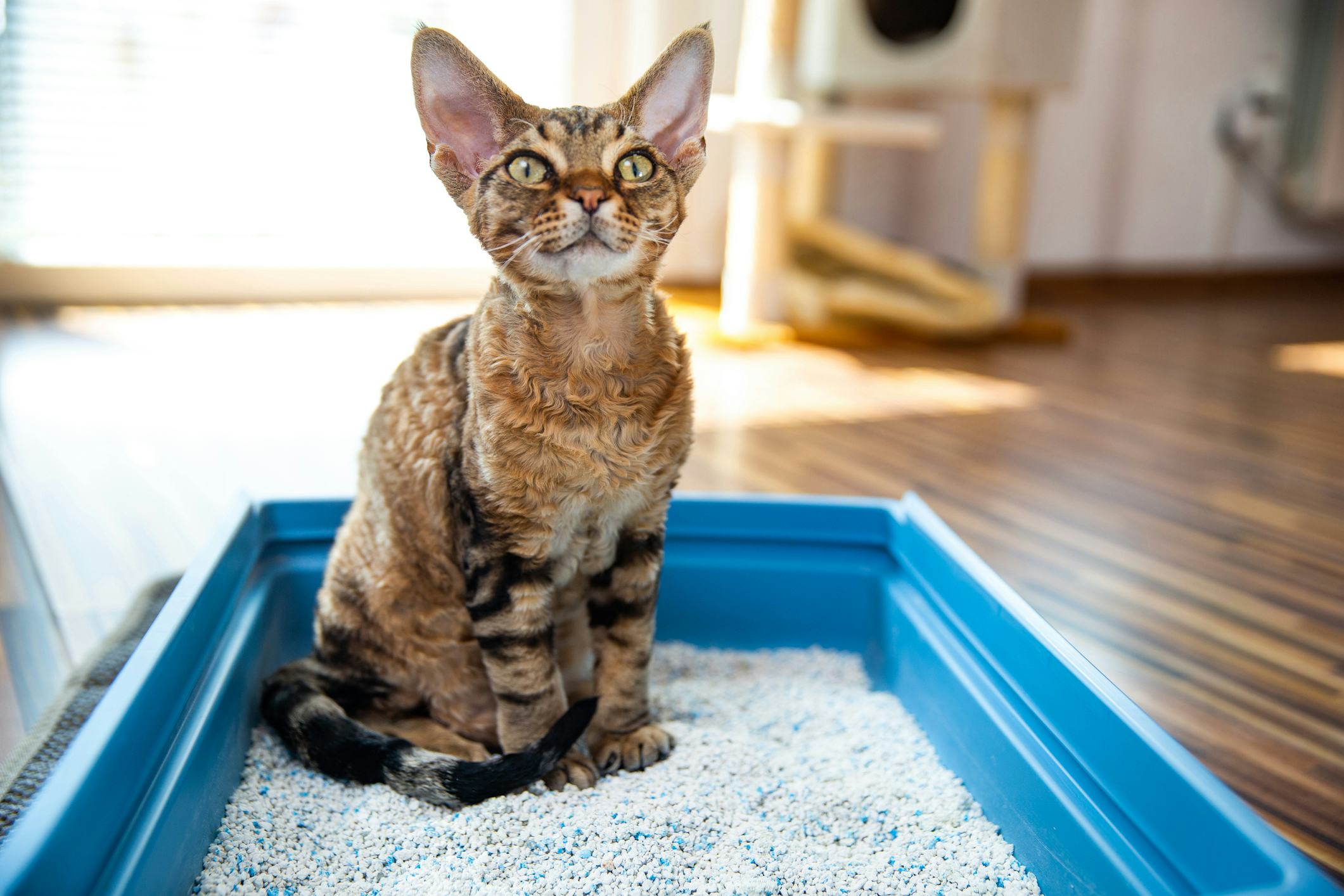My Risks of Flushing Animal Waste Down the Toilet
My Risks of Flushing Animal Waste Down the Toilet
Blog Article
Listed here down the page you will discover additional extremely good points about 10 Things You Should Never Flush Down The Toilet.

When it involves getting rid of waste, particularly animal waste, many individuals frequently consider the convenient option of flushing it down the commode. Nonetheless, this apparently very easy remedy can have significant effects for the setting and public health. In this short article, we'll explore why flushing pet waste down the commode is a negative concept and offer alternative approaches for proper disposal.
Intro
Appropriate waste disposal is critical for preserving ecological sustainability and public health. While it might seem harmless to purge animal waste down the toilet, it can bring about numerous issues, both for the setting and human wellness.
Threats of flushing animal waste
Ecological influence
Flushing pet waste introduces dangerous bacteria and microorganisms right into rivers, which can negatively influence water ecosystems. These virus can contaminate water resources and injury marine life, interfering with fragile ecosystems.
Public health worries
Animal waste has unsafe germs such as E. coli and Salmonella, which can posture significant wellness threats to humans. Flushing pet waste down the commode can infect water products, leading to the spread of illness and infections.
Alternatives to flushing
As opposed to flushing pet waste down the toilet, there are several alternative disposal approaches that are much more environmentally friendly and sanitary.
Composting
Composting pet waste is a green method to get rid of it. By composting, organic matter is broken down right into nutrient-rich soil, which can be made use of to fertilize yards and plants.
Landfill disposal
Getting rid of animal waste in a land fill is one more option. While not as environmentally friendly as composting, it is a more secure choice to flushing, as it protects against the contamination of water resources.
Pet waste disposal systems
There are customized pet dog waste disposal systems available that safely and hygienically get rid of pet waste. These systems typically make use of enzymes to break down waste and remove odors.
Steps to correct animal garbage disposal
To ensure correct disposal of pet waste, comply with these steps:
Scooping and getting waste
Regularly website scoop and bag pet waste utilizing naturally degradable bags. This avoids waste from infecting the setting.
Making use of marked waste bins
Dispose of bagged pet waste in assigned waste containers, such as garden compost bins or landfill containers. Prevent flushing it down the commode in any way expenses.
Cleansing litter boxes and pet areas frequently
Regularly tidy can and animal areas to stop the build-up of waste and bacteria. Use pet-safe cleaning products to keep hygiene.
Advantages of proper disposal methods
Embracing proper disposal approaches for animal waste provides a number of benefits:
Lowered environmental pollution
Appropriate disposal approaches decrease the danger of environmental pollution, safeguarding waterways and communities from contamination
Decreased risk of water contamination.
By staying clear of flushing pet waste down the bathroom, the danger of water contamination is substantially decreased, protecting public health.
Improved sanitation and health
Appropriate disposal techniques promote much better sanitation and health, creating a more secure atmosphere for both human beings and animals.
Final thought
Finally, flushing pet waste down the toilet is damaging to the setting and public health. By taking on different disposal methods and following correct waste monitoring practices, we can decrease the adverse impact of animal waste and contribute to a cleaner, much healthier world.
What To Do With Dog Poo – The Do's And Don'ts Of Disposing Of Faeces
Dog poo bins
Some councils provide dedicated dog waste bins in popular dog-walking areas that can take dog poo that has been bagged but you can legally dispose of dog waste in any public litter bin, as long as it is securely bagged. This also applies to your wheelie bin at home.
Do not flush
Water companies do not recommend flushing dog faeces down the toilet because certain parasites can survive the water processing treatment and are potentially harmful to humans. You should also never consider flushing dog poo that has been bagged down the toilet as the bags will not break down and instead create severe blockages in the sewage system.
In the woods
The Forestry Commission promotes a ‘stick and flick’ method for dealing with waste in the woods. This means finding a stick and using it to flick any poo from off the path so that it is out of the way of other walkers. You could also bury it as long as it is not in an area where there might be livestock.
Livestock
Parasites found in dog poo can be transmitted to livestock if they inadvertently eat infected faeces that has been left on grazing land. This could result in the death of sheep or abortion in cattle so you should always make sure you pick up your dog’s waste in fields where livestock could be present.

Regularly tidy can and animal areas to stop the build-up of waste and bacteria. Use pet-safe cleaning products to keep hygiene.
Advantages of proper disposal methods
Embracing proper disposal approaches for animal waste provides a number of benefits:
Lowered environmental pollution
Appropriate disposal approaches decrease the danger of environmental pollution, safeguarding waterways and communities from contamination
Decreased risk of water contamination.
By staying clear of flushing pet waste down the bathroom, the danger of water contamination is substantially decreased, protecting public health.
Improved sanitation and health
Appropriate disposal techniques promote much better sanitation and health, creating a more secure atmosphere for both human beings and animals.
Final thought
Finally, flushing pet waste down the toilet is damaging to the setting and public health. By taking on different disposal methods and following correct waste monitoring practices, we can decrease the adverse impact of animal waste and contribute to a cleaner, much healthier world.
What To Do With Dog Poo – The Do's And Don'ts Of Disposing Of Faeces
Dog poo bins
Some councils provide dedicated dog waste bins in popular dog-walking areas that can take dog poo that has been bagged but you can legally dispose of dog waste in any public litter bin, as long as it is securely bagged. This also applies to your wheelie bin at home.
Do not flush
Water companies do not recommend flushing dog faeces down the toilet because certain parasites can survive the water processing treatment and are potentially harmful to humans. You should also never consider flushing dog poo that has been bagged down the toilet as the bags will not break down and instead create severe blockages in the sewage system.
In the woods
The Forestry Commission promotes a ‘stick and flick’ method for dealing with waste in the woods. This means finding a stick and using it to flick any poo from off the path so that it is out of the way of other walkers. You could also bury it as long as it is not in an area where there might be livestock.
Livestock
Parasites found in dog poo can be transmitted to livestock if they inadvertently eat infected faeces that has been left on grazing land. This could result in the death of sheep or abortion in cattle so you should always make sure you pick up your dog’s waste in fields where livestock could be present.

I hope you enjoyed our article on Don't Flush Your Pets Poo Down The Loo, Vet Warns. Many thanks for spending some time to read our piece of content. For those who enjoyed our blog post plz do not forget to share it. Thanks for being here. Revisit us soon.
Estimating Report this page